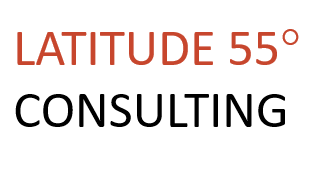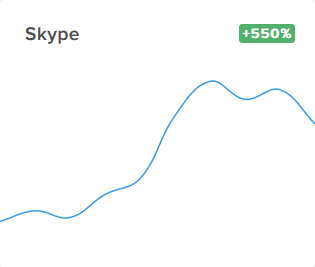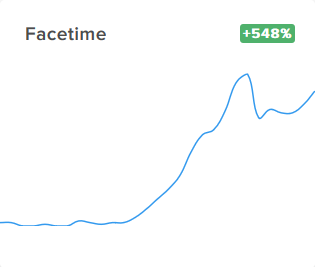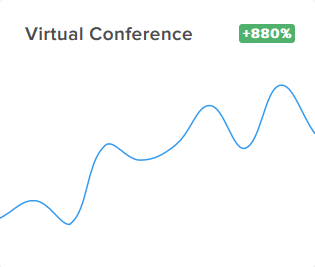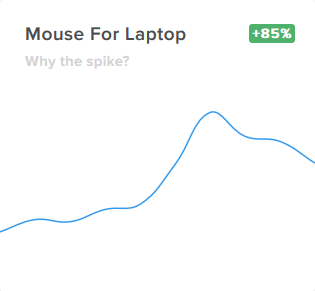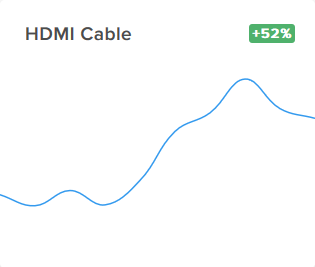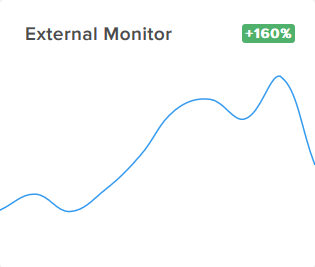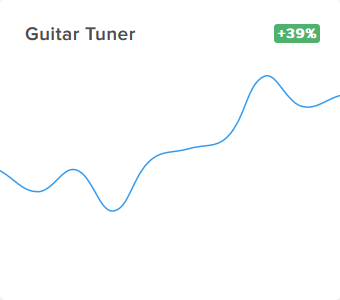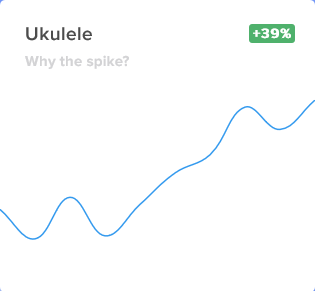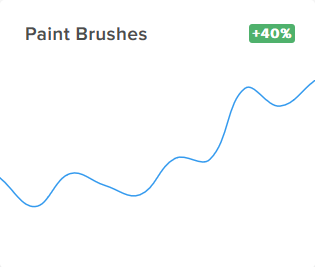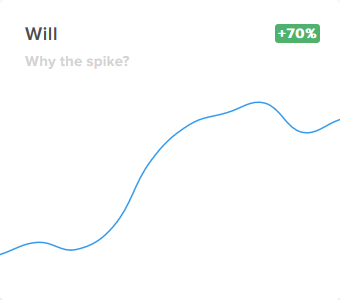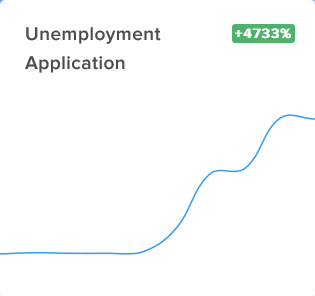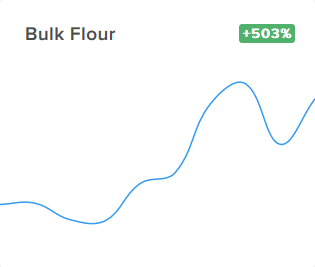From an increased demand for eggs, through to heightened interest in bidets and home exercising, new trends and potentially new habits are taking shape as we physically distance.
And as social distancing is likely to be needed periodically, should businesses be revising their strategies for periodic closures, as well as new routines and habits being formed?

As the pandemic continues, we find ourselves doing things differently and forming new habits. Recent research has shown that one batch of social distancing will not be enough and more are likely to follow in the comming months.
Below is several trends that give a glimpse of what we are doing, thinking, worrying about as well as the new habits that could be forming which will have implications for the economy overall beyond the coming weeks and months.
What we are doing
Breakfast is back in fashion. It might be that some initial panic buying has had an effect, but certainly it would seem that as we stay at home 7 days a week, we are having proper breakfast more often. If you didn’t put your money in eggs (all in one basket) and opted for stocks or gold, you are losing out.

Staying connected
Telcos have a lot of data and have always used this to plan their network investments. These days, they are making use of it not only to show how well prepared they are to handle the change in demand, but also to help governments to better understand the spread of the virus.
In terms of demand, as expected, demand seems to have increased in hours of the day other than the normal peak. Interesting, there seems to be more demand not only for streaming but also for calls and messaging. And as we talk more, we send fewer emails.
A similar picture can be expected in other utility services (e.g. electricity) which for several years have been investing in things like smart metering to try to indeed, flatten peak demand. As a new normal takes shape, projections and investment plans will require revisiting.

Working from home
There has been a lot of talk about the increase in demand for services such as Microsoft teams and Zoom even if it may have security limitations. But there has been also a higher demand for facetime as we use it to get grandparents to talk and entertain our children whilst we work (I know we are doing it at home).
Also, people are having to get kitted out for WFH:
As WFH becomes more commonplace (even imposed regularly) businesses will have to allow for new collaboration tools, better cybersecurity and new ways of working that support productive remote work.
Finding new ways to entertain ourselves
Clearly, as we spend more time at home, we are looking for more entertainment. As one would’ve expected, Netflix usage is on the rise and even Disney has seen this as a opportunity to bring show releases forward and try to compensate for the decline in cinema and theme park attendance.


Some of us are even getting creative when entertaining the kids:
Building new skills (or retaking old ones)
Beyond entertainment, we are looking for new things to learn whilst we are in social isolation. Or simply retake that old pastime or get the basement painted.
As new habits get formed, and old ones get ditched, also new businesses will arise and others will face demise.
Exercising at home
This will be an interesting trend to watch. As we learn to exercise at home (peloton, online yoga), and service providers adapt to facilitate this (more online yoga coming), will the gym become a thing of the past? Will gym chains adapt and adopt the online delivery trend? Hybrid models will most likely emerge whereby you can exercise both in a gym or at home following a consolidating programme.
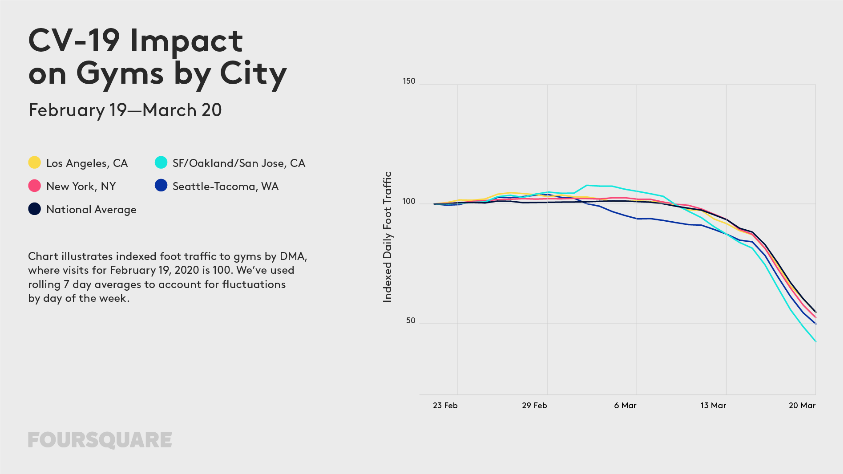
And not doing…
And not only we are not travelling which is having a massive impact on travel, hospitality, insurance and other industries, but also we seem to have freed ourselves a little from beauty products. We are clearly not going out shopping or to dinner as much. And if social distancing becomes a periodic event, the impact will continue. Planning for this new cycle is paramount.
Furthermore, as more of our shopping moves online, businesses plans to transition to digital commerce need accelerating.
Some apparel companies in Asia are already showing how the new normal might look like when it comes to beauty products and apparel sales and marketing.
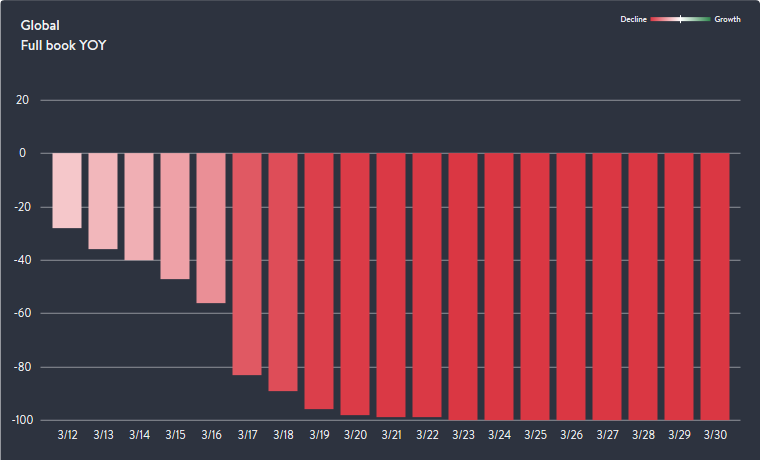
What we are thinking and worrying about
As the pandemic turns into an economic downturn, we are getting more worried about our jobs and financial situation. We also seem to be worrying about our health and want to get things in order should the worse happen.
What could this new reality mean beyond the short-term?
Clearly, we are going through very different and difficult times. For some, it is about making the most of the situation by learning new skills, spending more time with the family and reconnect in ways we thought were extinct.
New habits are being created and businesses need to get ready for a new normal.
Two questions then arise:
Are we as a business ready for a new normal of cyclic social distancing?And, will these new habits stick and if they do what opportunities and threats are they creating for businesses, big and small?
